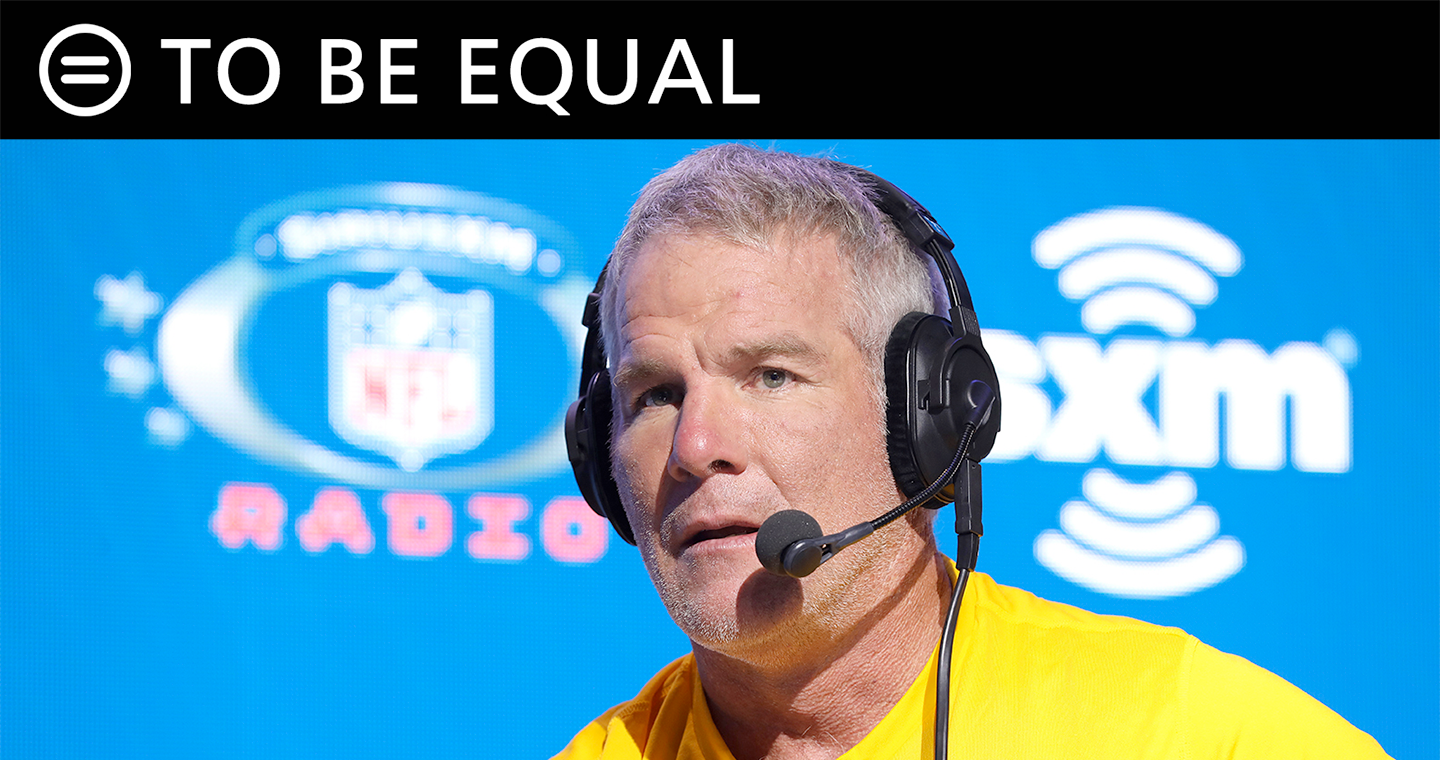Tepid Public Reaction to Brett Favre's Plundering of Welfare Funds Reveals Racial Double Standard For Athletes' Behavior

Marc H. Morial
President and CEO
National Urban League
Scandal Shines a Harsh Light on Mississippi’s Mistreatment of its Poorest Families
‘’Apparently the nations’ love affair with a White celebrity like Favre is enough to ignore an ugly scandal where money was stolen to build a volleyball stadium. When people try to tell me that race does not play a big role in America, I can now include this scandal from my home state to prove them wrong. Perhaps if Favre is actually charged this may receive more attention. The fact that the known information up to now has not been enough to get the talking heads at ESPN, the National Football League offices, and the NFL Hall of Fame to muster a statement about Favre says a lot.’’ – Milwaukee Independent Columnist Reggie Jackson
Last year, when Brett Favre partially repaid the state of Mississippi for $1.1 million in welfare funds he was paid for appearances and speeches at events he did not attend, he posted on Facebook, “I would never knowingly take funds meant to help our neighbors in need.”
But text messages filed in court documents revealed Favre was concerned the public would learn the source of the funds. “If you were to pay me is there anyway the media can find out where it came from and how much?” Favre texted to Nancy New, executive director of a nonprofit established to distribute millions of dollars from Temporary Assistance to Needy Families meant to assist the state’s poorest residents.
Favre first met in July of 2017 with New and Mississippi Department of Human Services director John Davis to request funds for a volleyball facility at his alma mater, the University of Southern Mississippi, where his daughter played volleyball. In addition to the $1.1 million paid to Favre, New’s nonprofit sent a total of $5 million directly to the university. Favre also worked to secure $2.1 million through the nonprofit for a biotech start-up in which he is an investor.
Favre is certainly not the central villain in Mississippi’s unfolding $94 million welfare scandal, but he is far and away the most prominent and the wealthiest. The pillaging of public funds intended for the desperately poor is disgraceful on its face, but even more so when the one who’s doing the pillaging is worth an estimated $100 million.
It’s difficult not to compare the public’s reaction to Favre’s misdeeds with the media backlash against Black athletes and coaches – not only Colin Kaepernick, who lost his career for kneeling during the National Anthem to protest police brutality and racial injustice, -- but also Michael Vick, who served federal prison time for his involvement in a dog fighting ring, Deshaun Watson, who was suspended for 11 games and fined $5 million for accusations of sexual misconduct, and Celtics coach Ime Udoka, who has been suspended for the entire 2022–23 season for an improper relationship with a Celtics staff member.
The comparisons are imperfect. As sportswriter Jemele Hill points out, Favre has been retired for a dozen years while Vick, Watson, and Udoka were all active when their scandals occurred.
But Favre was an active player in 2008, when he harassed a Jets sideline reporter with lewd text messages, including a photo of his genitalia, and voicemails. Favre was fined $50,000 for not cooperating with the NFL’s investigation and didn’t miss a single game.
“While no one is standing up for Favre, there isn’t this loud cry that he should lose everything,” Hill wrote. People almost always want a pound of flesh when it comes to Black athletes, and it’s often unrelenting. So sometimes it’s not about coverage, but tone.”
About 43% of Mississippi’s Black children live in poverty, compared with 14% of white children. But fewer than one percent of those eligible to receive TANF assistance actually receive it.
“They make it so incredibly difficult for families that need these resources to get it,” Aisha Nyandoro, chief executive of the antipoverty nonprofit Springboard To Opportunities, told the Washington Post. “But then others who don’t need it can just send a text message and money magically appears in their bank account … There are people that didn’t receive the money they needed to get their car fixed, to get a job; moms who couldn’t get diapers. What good could have been done in Mississippi with this $94 million? How many families could’ve been impacted?”
Perhaps some Americans can’t quite muster the same outrage on behalf of impoverished Black children that they can on behalf of a flag.
###
38TBE 9/29/22 ▪ 80 Pine Street ▪ New York, NY 10005 ▪ (212) 558-5300
Connect with the National Urban League
Facebook: https://www.facebook.com/NatUrbanLeague
Twitter: https://twitter.com/naturbanleague
Instagram: https://www.instagram.com/naturbanleague
Website: https://www.NUL.org
Newsletter: http://bit.ly/SubscribeNUL
YouTube: http://bit.ly/YTSubNUL

